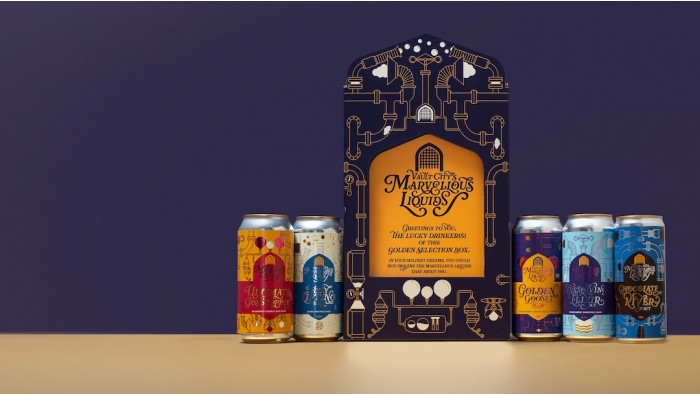The morning after a night of heavy drinking does not, unless you’re 19 and still full of the ebullient resilience of youth, tend to be particularly fun.
Your mouth is dry. Your head hurts. You feel sick; you want to eat everything and also nothing at the same time, spending £25 on junk food that you’re not sure you really want to eat in the first place. Your skin – your skin! You look like a freshly animated corpse. There is no moisture left in your body.
And, maybe worst of all, you have The Fear. You can’t remember what you said last night but you’re sure it can’t have been good. You go over it again and again – could you have offended someone? Were you annoying and unfunny? Did you do something everyone else is going to remember for the rest of your life? Why did you spend so much money on pints? WHAT ARE YOU DOING WITH YOUR LIFE?!?!
You, my friend, have a bad case of hangover anxiety.
If this sounds familiar, you may not be surprised to hear that there’s actually a very specific link between anxiety and alcohol.
Speaking to journalist Amy Fleming in The Guardian, drug and alcohol expert Professor David Nutt explained exactly why it is that we feel so bad the morning after a big one. And it’s all down to a pesky neurotransmitter known as Gaba, the receptor for which alcohol targets.
This explains why you often feel so chilled out when you have a few drinks – “alcohol stimulates Gaba, which is why you get so relaxed and cheerful when you drink,” Nutt explained. A few more drinks in, and another transmitter gets involved – glutamate, which can cause anxiety. Alcohol blocks it – so at first, you feel great.
The problem arises, however, the next morning.
Because your brain is all upside down – more Gama, less glutamate – it decides to “set things right”, flooding the brain with more glutamate. And as we know, more glutamate equals more anxiety.
It doesn’t stop there – oh no, buddy. Alcohol also causes a rise in noradrenaline, a substance you may know as the fight-or-flight hormone. “Noradrenaline suppresses stress when you first take it, and increases it in withdrawal,” Nutt explains. “Severe anxiety can be considered a surge of noradrenaline in the brain.”
His advice is to avoid hair of the dog, which can start a “cycle of dependence”. “It’s a very slippery slope,” he says.
So there we have it – a scientific explanation for The Fear. Unfortunately science has not yet found a way to stop you being gigantic drunken dickhead, though, so have fun worrying about that all day, you prick.
(Image: Unsplash)
Latest
Related Reviews and Shortlists










